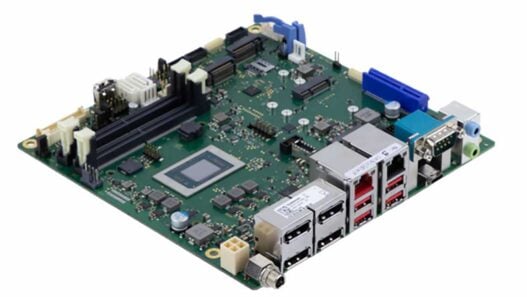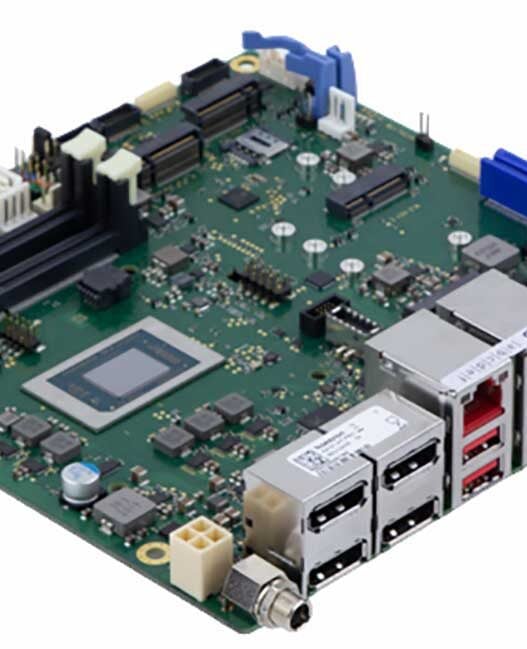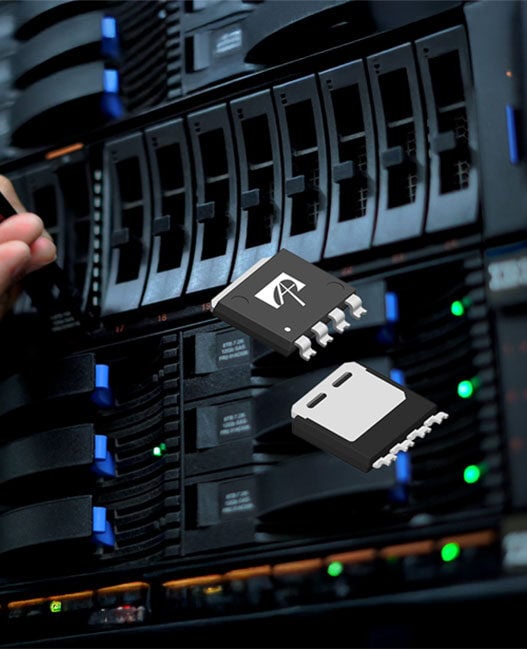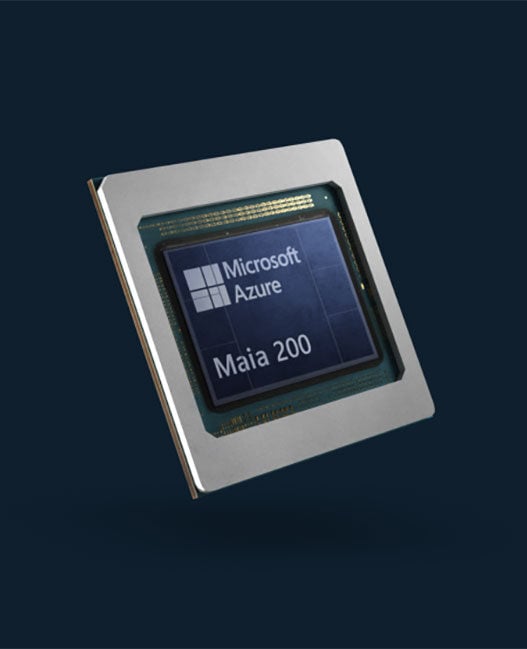The results, extrapolated from benchmark testing of the chip’s deep learning accelerator silicon, point to FABU’s performance, lower power consumption and enhanced memory capacity when compared to design metrics for similar vision computing chips from other major developers of vision-based advanced driver-assistance systems.
In addition to higher performance, the Phoenix-100 also integrates key functionalities onto the chip that are not included in other competitors’ modules. Unlike other AI processors, which primarily support sensor input from cameras, FABU’s automotive-grade AI processor is built not only to support multiple types of sensor data, including camera, LiDAR and radar, but also the fusion of these data types for tracking and planning.
While camera data is important for safe and effective operation of autonomous vehicles, LiDAR and radar provide more complete and reliable detection of the environment than camera sensors alone, particularly at night or in foggy conditions.
Higher performing data processing chips with computing speeds are essential for the safety and functionality of autonomous driving applications. Faster, better performing chips can process and synthesise larger data volumes from cameras, sensors and other data sources in real time to more accurately perceive the environment and perform the AI algorithms that help operate autonomous vehicles safely and efficiently.
“High performance metrics for automotive AI chips are critical for safe and dependable operations of autonomous vehicles, and that is why FABU designs its own dedicated, application-specific processors for in-vehicle intelligence,” said Xiaofei He, Founder and CEO of FABU. “Our latest performance benchmarks show that FABU is in a leadership position, poised to successfully tape out a Level 4-5 autonomous driving platform by 2020.”
The Phoenix-100 Deep Learning Accelerator (DLA) benchmark testing took place at the FABU laboratory in Arizona in January 2019. The resulting metrics were compared to published performance results for competitor chips.
Highlights of the metrics evaluation revealed:
- As extrapolated from benchmark measurements, the Phoenix-100 DLA is expected to deliver a performance metric of more than 5 TOPS (Trillion Operations Per Second) compared to 2.5 TOPS offered by competitors in similar applications. The higher the TOPS, the more performance the chip can deliver. With the Phoenix-100 providing twice the TOPS of its rivals, the FABU solution has the ability to run more AI algorithms per second, increasing the safety and responsiveness of autonomous driving applications.
- The Phoenix-100 chip operates on 5W. Lower power consumption is critical for autonomous vehicles, as most self-driving vehicles will be electric and operate on batteries. Lower power requirements for the vehicle-control computing platform help increase the overall performance efficiency of the vehicle.
- The Phoenix-100 provides 25% more on-chip memory than competitors, with FABU integrating 5MB of memory on the Phoenix-100 chip compared to 3 to 4MB on some rival processors. Maintaining data closer to the processor in on-chip integrated memory reduces processing latency and increases the speed of algorithm computations for real time responsiveness to driving conditions, while improving the overall chip power.
- In addition, the Phoenix-100 delivers Ethernet data transfer rates of 10Gbps. A high Ethernet transfer rate is critical for transmitting the high volume of sensor data to the processor or connecting the chip to other in-vehicle systems.
The Phoenix-100 also integrates key functionalities onto the chip that makes it easy, cost effective, more secure and safer to use. FABU integrates Image Signal Processors (ISPs) onto the chip, eliminating the need for external ISPs. The FABU chip also supports tamper-proof boot and secure Over-The-Air updates. The Phoenix-100 is also designed to include features to make it ASIL-B ready for ease of system-level ISO26262 certification.
Based on results of benchmark testing and comparison of chip feature sets, the FABU Phoenix-100 AI chip delivers clear performance and functionality advantages to manufacturers of autonomous vehicles. FABU’s chips are specifically designed and fully optimised for automotive applications, and provide a comprehensive and powerful intelligent driving solution to lead the way toward more complete vehicle automation.













